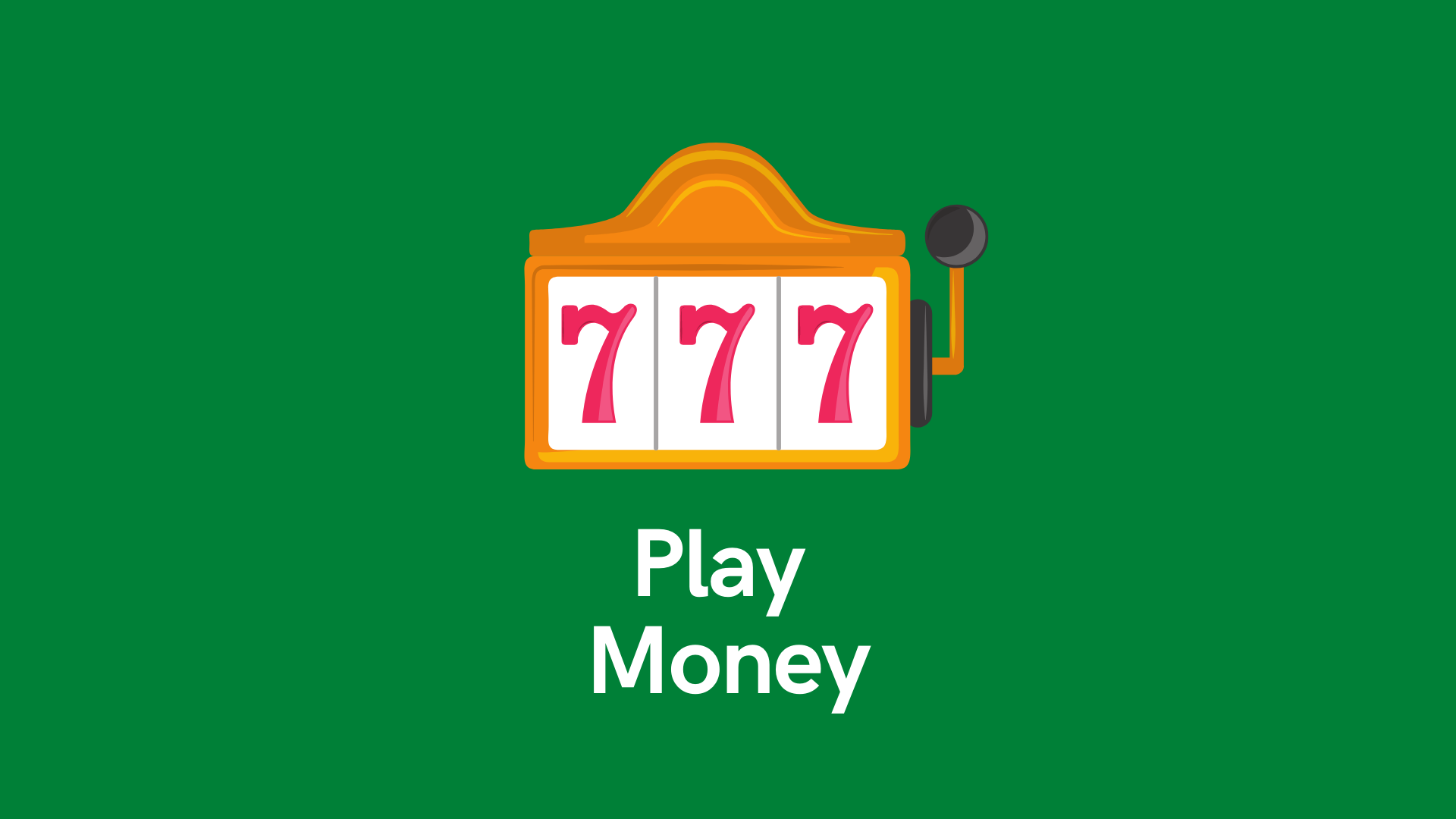Core and explore. A popular approach to investing that allows for a sensible portfolio with a hint of recklessness. The strategy is simple. Keep most of your holdings in a risk-appropriate portfolio and reserve a small portion (up to 10%) to go nuts. Whether that be mushroom stocks, Bitcoin or GameStop. Your cheat meal to an otherwise healthy diet.
Trading is tempting. The thought of finding hidden gems or leveraging up your returns is exhilarating. It's the skydiving to indexing's drying paint. Having some "play money" is a good way to scratch this itch without putting your entire financial well-being at stake.
The downside is the cost of entry. It's entirely possible you'll hit a few home runs. However, odds are you'll come up short over time. These losses compound and become a huge drag on your lifetime returns.
Trading is addicting and time consuming. You'll be constantly checking your account and stressing over your next moves. It's a toll on your psyche.
If a play account is for fun, it's important to consider the cost of this "fun". Speculative investing comes with the mantra "invest only what you're willing to lose". Is this fun worth 10% of your net worth? Very few people are willing to spend that much on anything, but for some reason we see money differently when it hits our brokerage account. We detach, like it's not real money.
It is real money, money that can be spent elsewhere. Vacations, gifts, nice meals. Things that can be more fun and cost much less.
I personally don't have a play account. I find the idea of having concentrated holdings too stressful. Even watching the past week unfold from the sidelines was exhausting. If you do take the gamble, please do so responsibly and recognize the costs.


Comments
Post a Comment